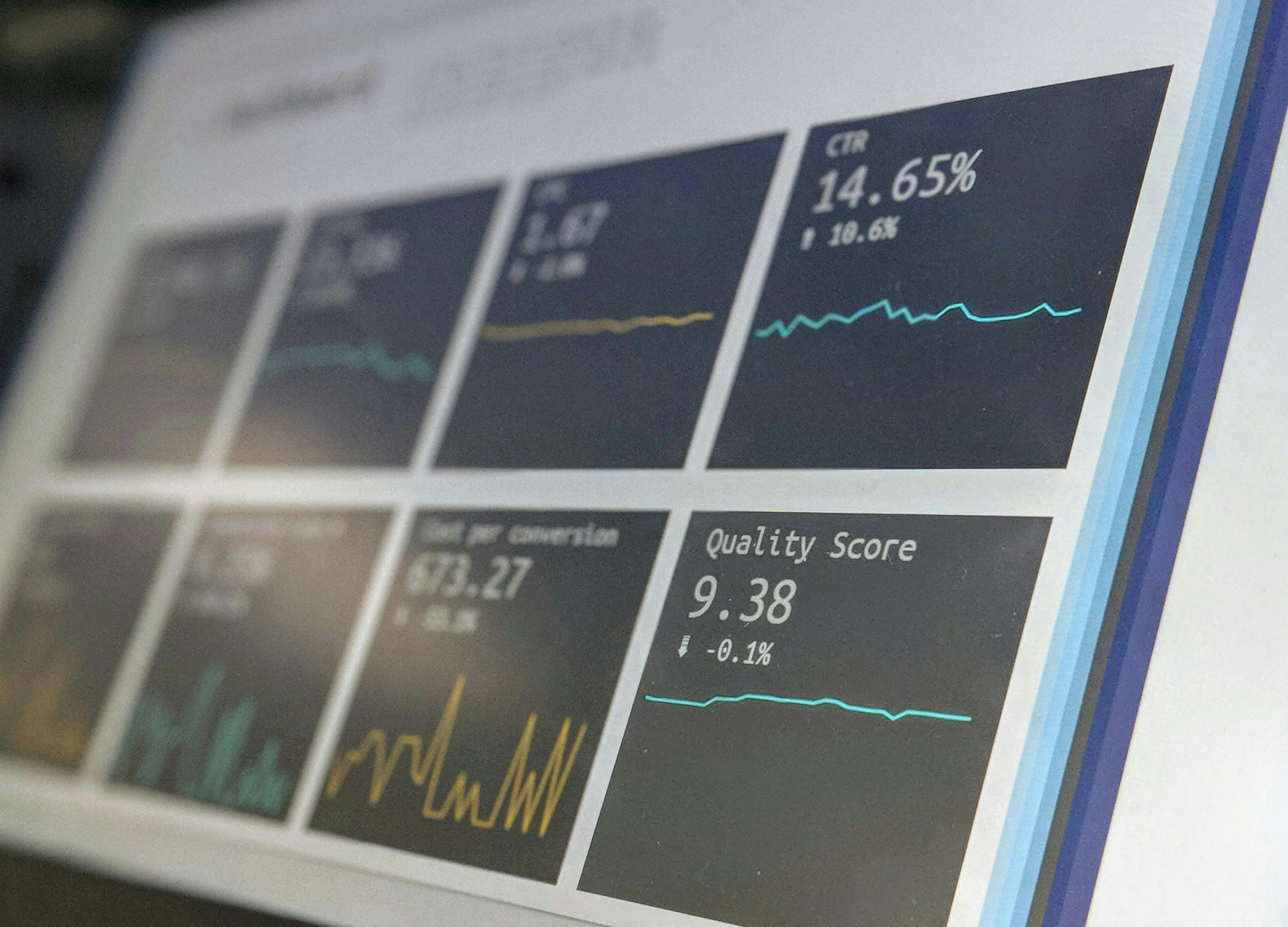
Empowering Your Organisation Through Data Democratisation
Empowering Your Organisation Through Data Democratisation
By Craig McPherson, Principal Data Engineer Consultant
Data is a hugely valuable resource to all businesses, but how do we extract and build on that value? In this thought piece, I want to discuss the importance of data democratisation, what it represents, and how a good data platform, such as Databricks, can help unlock the full potential of data for a business.

The Challenge of Data Democratisation
Many businesses understand the importance of their data but are still struggling to extract value from it effectively. Data is often poorly collected and stored in numerous different places across a business, with no clear ownership or understanding of what it represents. This difficulty in accessing and understanding data can make it confusing to use and often deters end users. What you are left with is a handful of highly technical specialists trying to navigate an overwhelming sea of data. This can leave data untapped and unused.
It is this challenge that Data Democratisation seeks to combat. Making data accessible to the whole business so that everyone can leverage the insights they need to support the growth of the business. Take the energy provider E.ON for example. Before E.ON embarked on their data journey, they acknowledged the difficulties that organisations face with inaccessible data:
“Without a consolidated data framework, accessing and aggregating our data from various energy assets and different source systems was time-consuming and highly challenging. This fragmentation stunted our operational efficiency and made it difficult to provide consistent and reliable data to our distribution system operators and business units”
To tackle this shortfall, E.ON having embarked on a data democratisation journey using Databricks to break down silos and make data more “accessible, discoverable and reliable”. You can read more about their journey here.
Here at Manuka, we share the same passion to make data more accessible and combat the challenges of data silos. We’ve got a history of working with our clients to guide them on their data democratisation journeys, helping them build and maintain the data platforms needed to achieve this goal. Look at our website for some of our Success Stories.
The Role of Data Platforms
If data is the valuable resource we want to extract, then a Data Platform is the means to bring this resource to the surface and extract its value. A well designed and developed Data Platform can yield valuable insights into a business and fuel the growth of a company. But what makes a good Data Platform? There are many parts, but for me democratisation of data through easy access and usability stands proud at the front. Obviously, a good Data Platform can’t overlook many other aspects, such as security, reliability, accuracy, performance to name a few. These are all vital to generating valuable insights, but it’s the ease of access to data that I feel encourages users to explore. And with that exploration of data, comes the creativity, the ideas, and the insights needed to drive growth.
Easy access and usability of data can be achieved in many ways, but the top-level principals remain constant. Data should be simple and easy to access by all. Like a good app, it should be intuitive to navigate and simple to use. This will maintain a positive relationship to working with data from end users and drive the continued usage. Ultimately it is the end users that will generate insight, so maintaining a positive connection is key to keeping everyone onboard. The Data Platform is what builds this relationship between the data and the end user.
One of my favourite platforms out there is the Databricks Data Intelligence Platform. Databricks brings together many elements of a good Data Platform, but the key part is the ease and accessibility of unified data on the platform, allowing countless use cases to extract insight for end users. One of Databricks’ core missions is towards the democratisation of data to empower all users to drive insights from their data. The Databricks platform has already helped countless businesses in their drive to get more from their data. You can read about some of their journeys here.
The Databricks platform is built on top of several open-source standards, providing transparency in development. Bringing together countless features, Databricks offers an extremely powerful data platform in which users can work with the data they need with ease.
The Changing Landscape of Data Platforms
Data Platforms aren’t new, but the landscape out there for tools and services in this space is changing quickly. To keep up with the ever-increasing data quantities and compute loads, data platforms are having to improve at pace to keep up.
Over the past few years, Databricks has been at the forefront of data platforms, adding and extending countless features to drive efficiency in data management. With Unity Catalog atop the Data Lakehouse, end users can access a unified dataset, masking the nuances of potentially varying data sources and formats behind the scenes. This makes exploring data from across a business easy.
On top of this, Databricks offers superb capabilities in data workflows. With access to popular scripting languages along with highly scalable compute resources, engineers can work in a comfortable development environment with cost efficient processing of big data. This ensures data pipelines can be used effectively to maintain fresh up-to-date data, adding to the positive end user experience of the platform.
More recently, with the rapidly growing AI trends, Databricks has successfully brought AI into the platform, adding yet more tools to their extensive belt and increasing the curiosity of end users. With the solid foundation of the Data Lakehouse, These AI tools have easy access to the wealth of data within the business and accelerate the ability to drive insights.
Beyond today, Data Platforms will inevitably continue to drive improvement in the democratisation of data, bringing data to everyone. I’m sure Databricks will continue to lead this charge, and here at Manuka, we will be alongside them, helping our clients break barriers and access the true potential of their data!


